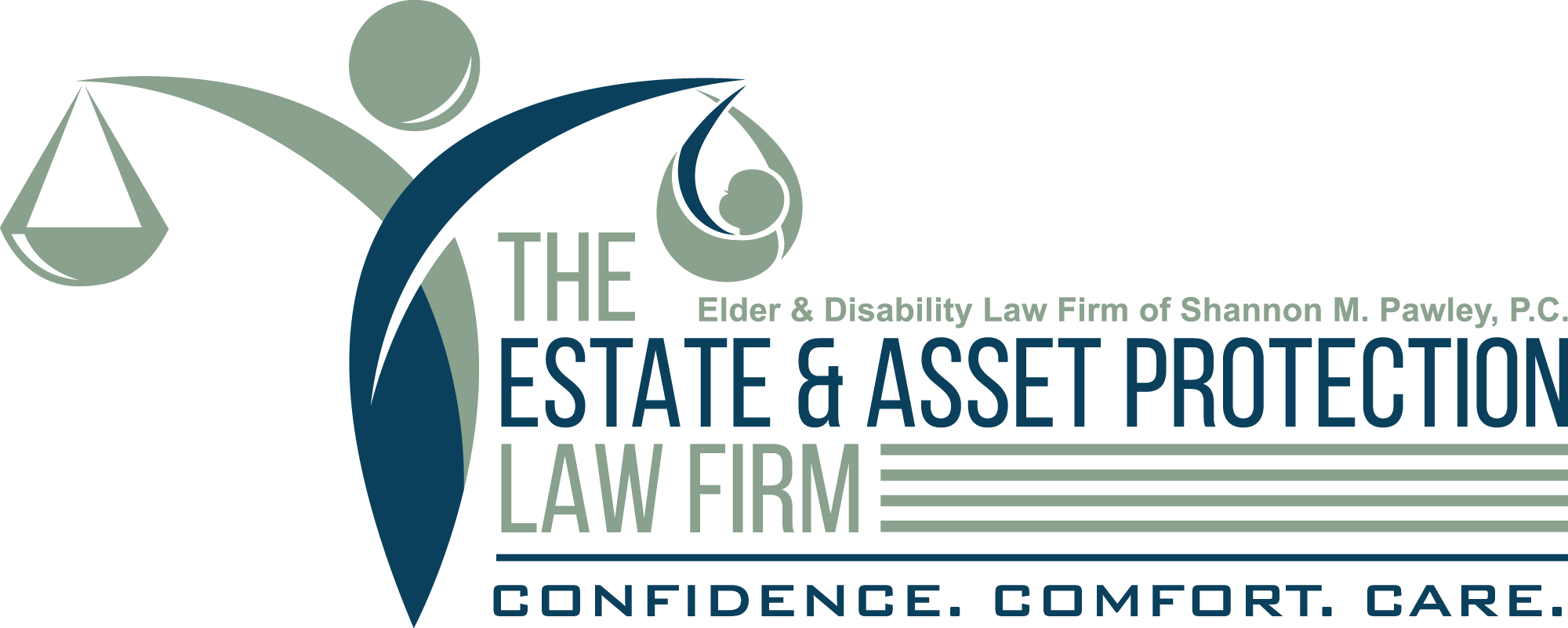A Signature On Legal Documents: Using the Affirmative Mark When Someone Has Cognitive But Not Physical Capacity to Sign

Ever wonder what to do about getting a signature on legal documents for some physically-disable older persons or other physically limited individuals?
In some instances, an Affirmative Mark can serve as a signature on legal documents.
What happens if, due to an injury or medical condition, a person can no longer write? Does it mean they no longer have authority to make legal decisions if they cannot sign their name?
Many people remain highly cognitive while physically unable to sign estate planning documents.
If you know someone in this position – or someone who doesn’t know how to write – who wants to create an estate plan, please continue reading.
If an individual has the cognitive ability to understand what they are doing, there are legal ways to ensure their documents will be legally viable.
It is a longstanding aspect of the law that a person’s signature does not need to be their name. Instead, a signature can be any mark that a person makes on a document to indicate their assent. It can be an “X” or any other mark. Therefore, a person with a severe disability who can’t physically sign their name in cursive, but who has the physical capacity to make a mark on a written document, can sign a will and last testament and other legal documents in an estate plan by their own hand.
If the individual can make a mark that is not their name, the will’s self-proving affidavit should expressly state that the witnesses and notary personally observed the testator make the mark on the will.
If the testator requires physical help from another person to make their mark, the affidavit should note that as well. Today, it is also common and appropriate to consider videotaping the signing session so there is no ambiguity about what occurred.
Do not postpone creating an estate plan even if a loved one is unable to sign their name.
If one has the cognitive ability to understand, having strong legal documents is vital. Such documents spell out health care and asset distribution as desired. Give my office a call at 404-370-0696 and let us help you get these important documents drawn up.
Looking to find an experienced estate lawyer in the Georgia area who is skilled in asset protection and estate plan preparation? Shannon Pawley is an attorney in Georgia with expertise in estate planning and asset protection. Shannon can provide assistance with creating an estate plan to include making a will and how to establish a trust properly. If you have questions about asset protection or questions about making an estate plan, reach out to Shannon and she will be glad to help answer all the estate planning questions you might have!










